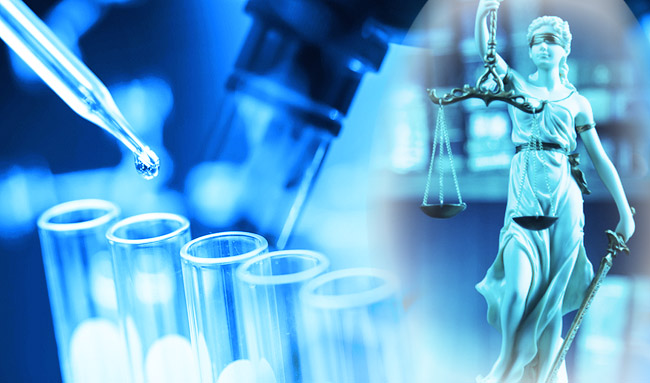
In 2012, Annie Dookhan, a former Massachusettes crime lab chemist tasked with testing drug samples for law enforcement agencies, admitted to tampering with drug evidence and pled guilty to 27 counts of obstruction of justice, evidence tampering, perjury and falsification of records. Dookhan was sentenced to three to five years in prison for the crimes committed during her nine years as a chemist for the Massachusettes Department of Public Health but was quietly paroled last April. Now over 21,000 drug cases handled by the disgraced chemist have been dismissed.
The Massachusetts Supreme Judicial Court has overturned 21,587 low-level drug cases after district attorneys said they would be unable to re-prosecute the cases given Dookhan’s gross misconduct. The dismissals mark the largest single dismissal of criminal cases in U.S. history, according to The American Civil Liberties, who were also instrumental in getting the convictions overturned.
“Today is a major victory for justice, fairness, and the tens of thousands of people who were wrongfully convicted based on fabricated evidence,” Carol Rose, the executive director of the ACLU of Massachusetts, said in a press release following the record dismissals. After four years of intense work, we are proud to have been a part of the single largest dismissal of wrongful convictions in the nation’s history. As a commonwealth and champions of freedom, we have taken an important step in addressing a symptom of the war on drugs,” Rose said.
During her time as a state chemist, Dookhan handled over 60,000 drug samples and worked on 34,000 cases. While Dookhan has never given a real reason for ruining the lives of thousands, the 40-year-old did admit to listing all drug results as positive for illegal substances to “improve productivity and reputation.”
The ACLU says the majority of defendants have already completed their sentences and that many weren’t given prison time anyway since 60 percent of the cases were for possession and not drug dealing. However, 300 previously incarcerated prisoners have been released since Dookhan’s conviction.
(Via Boston Globe)
